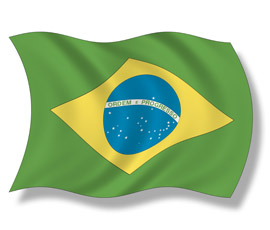Brazil targets poultry export subsidies

Brazil has given a clear indication of its intention to attack European export subsidies for poultrymeat the next time the two sides meet to discuss trade arrangements.
Speaking at a recent Financial Times conference, Francisco Turra, president of the Brazilian Poultry Association (UBABEF), said EU export subsidies for whole chicken, particularly to markets such as Saudi Arabia, represent a major threat to its own industry.
He said it was likely to be challenged at the next round of free-trade agreements between Mercosur, the political union that promotes trade between Brazil, Argentina, Paraguay and Uruguay, and the EU.
Brazil is the world’s largest poultry exporter and the third largest producer after the USA and China. But with domestic consumption already high – at 47.5kg per capita compared with 34kg in Europe, 9kg in China and 3kg in India – to maintain industry growth it needs to increase exports.
There are opportunities. If China and India were to increase per capita consumption by 1kg a year, it is estimated that a further 2.5m tonnes of poultrymeat would be required, equivalent to the annual production of Russia.
Europe is Brazil’s second largest export market, with The Netherlands, Germany and the UK its principal outlets. But attempts to gain a further foothold are frustrated by restrictive import quotas and non-tariff barriers such as limitations on frozen chicken, said Mr Turra.
A Brazilian study estimates that such policies force European consumers to pay an extra €4bn in retail prices than would have been the case under a more relaxed trade arrangement.
Also speaking at the conference was John Clarke, director for international affairs at the EU Commission. The EU accounts for 29% of Brazil’s agriculture exports, he said, and this should be used to put pressure on Brazil to further protect the rainforests.
Mr Clarke added that the EU is prepared to review the tariffs and duties it has on Brazilian agricultural commodities, but only as part of a new free-trade agreement with Mercosur. The EU was not willing to negotiate on a unilateral basis, he added.
